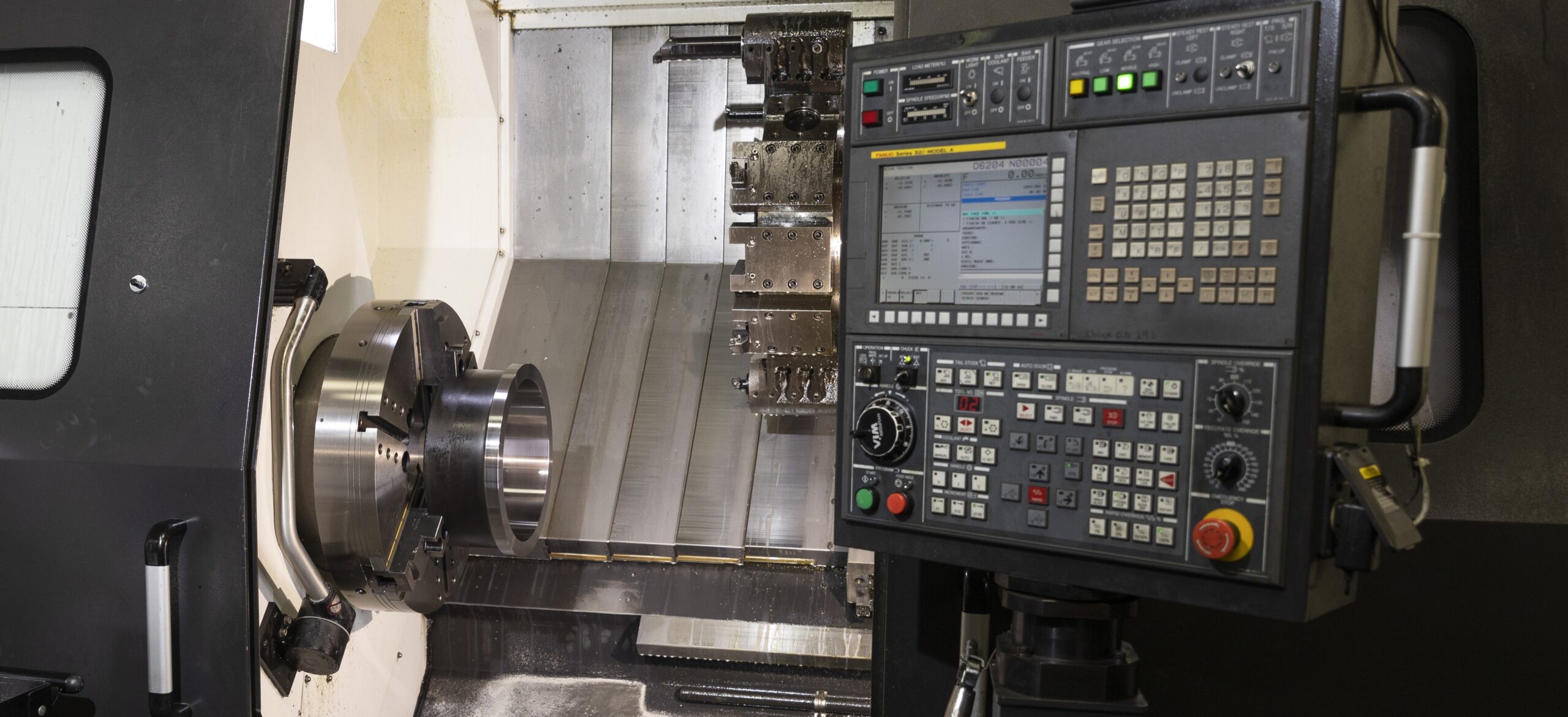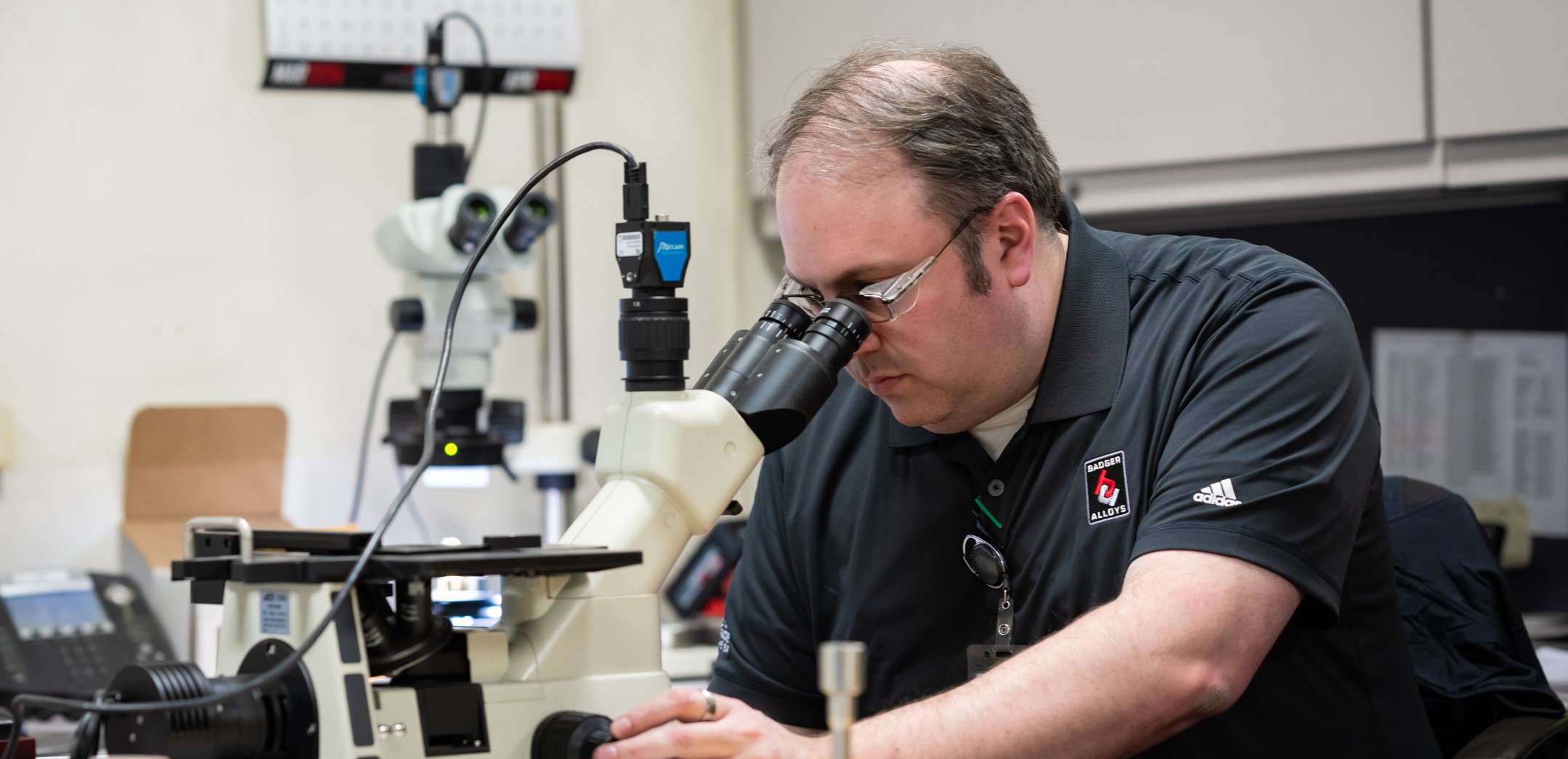Rapid response, lower capital costs and product rejuvenation are critical to business success in today’s world. Through techniques such as additive manufacturing (e.g., 3D printing), subtractive manufacturing (e.g. robotically milled) or more traditional methods, Badger Alloys’ team of experienced foundry engineers can work with you to determine the best process and material for your casting needs. Download our whitepaper on tooling methods.
Our foundry engineering team works collaboratively with our sand foundry and casting pattern making personnel to help customers achieve the desired result. This single-source capability enables Badger Alloys to produce the best quality castings in the most cost-effective manner… with the shortest possible lead time. The use of these next generation manufacturing processes can allow you to move your project from CAD to casting in as little as two weeks.
Our engineers can consult with you to recommend the process that will result in the best finished casting. We start by analyzing casting pattern making methods to determine what makes the most sense for your project based on your lead time, quantity, casting size and other criteria. Whether your casting requires a robotically milled mold, a 3D printed prototype, or a hand-crafted traditional wood or urethane pattern, we are committed to providing the highest value castings.
Engineering Capabilities
Read our article to learn how interactive engineering can improve your castings.
Additionally, we have the ability to create 3D models using your drawing or models, to help you evaluate the best casting process for your needs. This process allows our engineers to work with you in the digital space to analyze, test and troubleshoot casting dimensions, processes and even materials prior to pouring your casting. This helps ensure you get the best casting the first time.
Read our article to learn more about how solidification analysis can optimize castability of your sand casting.
Leveraging our in-house pattern-making expertise, modern scanning technology, and solidification modeling experience, we are able to re-create your parts in the digital space prior to manufacturing. Not only can this reduce overall production time, it can also reduce total manufacturing cost. Fine tuning your castings digitally improves the accuracy of your completed parts on the first run.
Read our article to learn more about How 3D Scanning can be a Solution for Worn/Obsolete Equipment of Parts.
In general the benefits of prototype casting include:
Read our article to learn more about how prototype casting can produce high-quality castings with quick turnaround.
Combined 80 years’ experience in foundry engineering. Our team boasts strength in experience (one of our engineers has been with Badger Alloys for more than 40 years!), as well as strength in education and training in cutting-edge technologies.
Diverse engineering backgrounds. Our foundry engineering team brings deep experience from multiple industries, allowing us to provide varied perspectives and determine the most ideal solution for each project.
We continually research and invest in the latest manufacturing technologies as they become available. Some of our latest investments include:
Solidification Analysis Optimizes Castability
Prototypes — High-Quality Castings with Quick Turnaround
3D Scanning can be a Solution for Worn/Obsolete Equipment or Parts
Castings Improvement through Interactive Engineering
Read to get started? Request a Quote. We will respond shortly!


Equipped to meet your demands for castings from 10 – 4000+ pounds…in 200+ alloys.
Read More
Skilled pattern makers create custom wood, polyurethane or metal patterns to your specifications.
Read More
Cutting-edge equipment and certified machinists meet your tightest tolerance requirements for keyway cutting, milling, dynamic balancing, and turning up to 10,000 lbs.
Read More
Go from CAD to finished casting in expeditied timelines with our robotic patternless molding, 3D-printing and other additive/subtractive processes.
Read More
Our extensive quality assurance testing includes chemical analysis, mechanical analysis, metallographic analysis, non-destructive testing (NDT) and sand testing.
Read Moresubmit a request for a proposal or quote